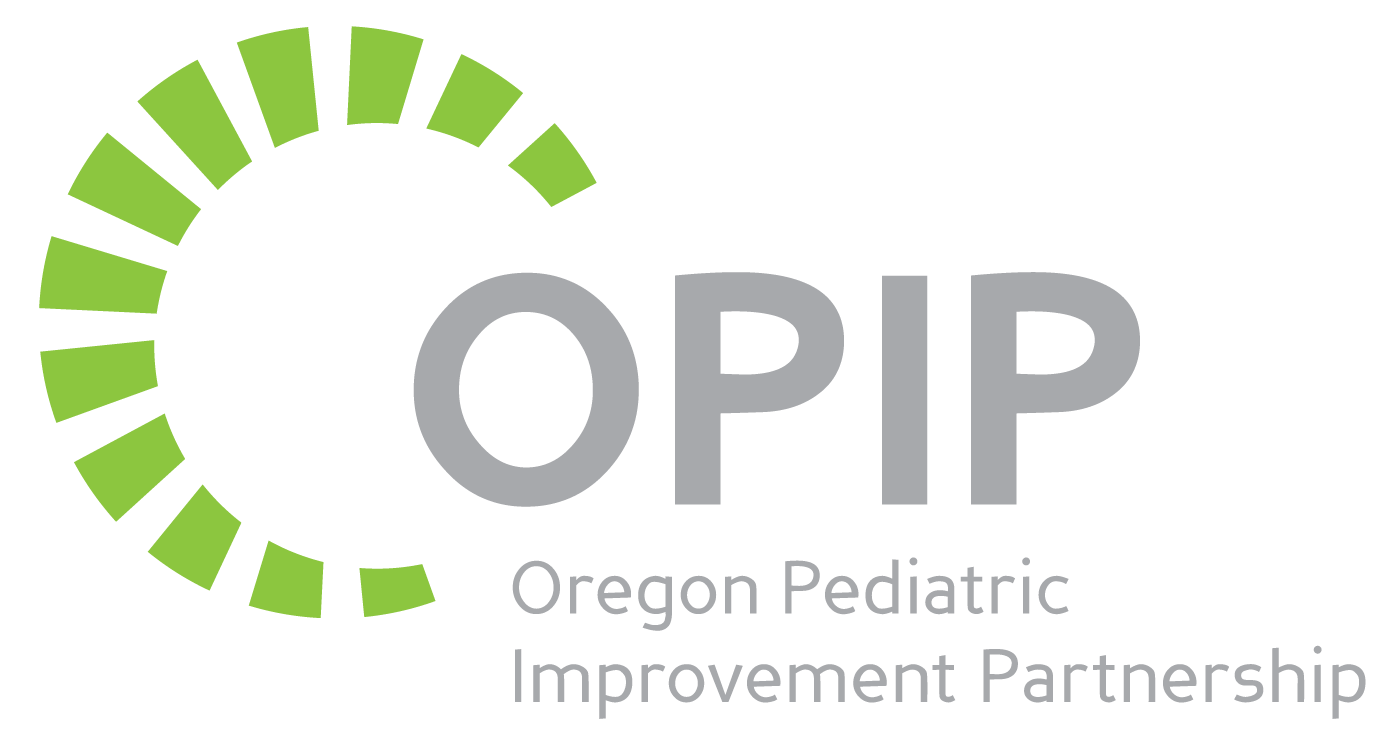PAST PROJECT
The Assuring Better Child Health and Development (ABCD) Screening Academy catalyzed practice and policy improvements across systems by bringing together primary care, early intervention, and public health, and achieving significant systems improvement in standardized developmental screening and referrals. The ABCD III project seeks to continue with this important work, and take it to the next step by addressing two primary issues: (1) capitalize on improvements in the spread of structured screening in primary care and build sustainable coordination models; and (2) strengthen the relationship between systems of care and early intervention services, to support medical homes for all children.
National Partnership
The ABCD Program is funded by the Commonwealth Fund, administered by the National Academy of State Health Policy (NASHP), and designed to assist states in improving the delivery of early child development services for low-income children and their families, by strengthening primary health care services and systems that support the healthy development of young children, ages 0-3. The program focuses particularly on preventive care of children whose health care is covered by state health care programs, especially Medicaid. Since 2000, the ABCD program has helped twenty-seven states create models of service delivery and financing through a laboratory for program development and innovation. More information and resources can be found at NASHP ABCD History.
The ABCD III project includes five states – Arkansas, Illinois, Minnesota, Oklahoma, and Oregon – to develop lasting policy and systems improvements and practice improvements that build and strengthen linkages between primary care providers and other child and family service providers, thereby improving the quality of care for children with or at-risk of developmental delay. NASHP will prepare a larger group of states to adopt/adapt successful policy and system changes.
In July 2013, NASHP published the article “The Enduring Influence of the Assuring Better Child Health and Development (ABCD) Initiative” which provides lessons, strategies, and policies learned over the duration of the project. In addition, it provides an overview of the ABCD priorities and impact on early childhood health and development.
State Partnership
Oregon’s Division of Medical Assistance Programs (DMAP) was the lead state agency for the Oregon ABCD III project, in partnership with Oregon’s Title V Program in the Office of Family Health. Partners included the Oregon Department of Education-Early Intervention Services, OPIP, and Managed Care Organizations. Local partnerships to support the PIPs echo the state partnerships, including clinicians, public and private early intervention providers, family consumers, and local managed care organizations.
The Project in Oregon
Under federal Medicaid managed care rules, states must contract with External Quality Review Organizations (EQROs) and conduct Performance Improvement Projects (PIPs) on selected topics. OPIP served as the EQRO-like entity for this project. For ABCD III, the PIP was charged with producing a model that integrates care coordination with standardized screening and referrals at the clinical level, with supporting payment systems and metrics for measuring improvement at the clinical and systems levels. OPIP’s role has been to help design criteria to build on existing early childhood primary care improvements for managed care organizations to implement.
In addition, OPIP led evaluation on the level to which each managed care organization (MCO) participates in the PIP, provided technical assistance to MCOs, and developed a comprehensive summary of its findings to Medicaid. One goal of ABCD III was to support development of a model that other states can use to create a PIP, and design and test locally appropriate interventions and quality measures that improve linkages across systems that influence child development. Click here for a full background and overview of the ABCD III PIP structure developed by OPIP.

